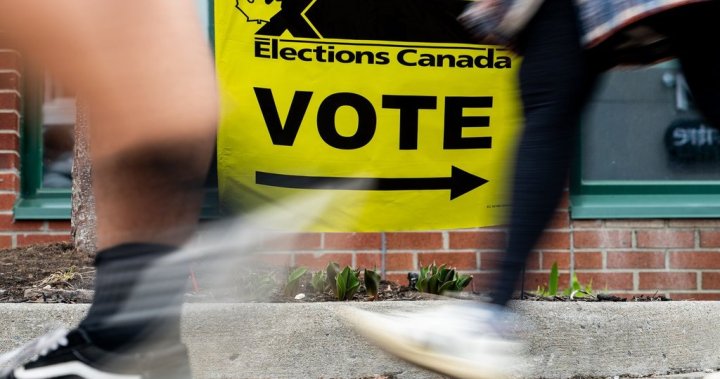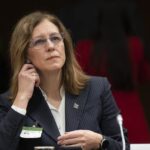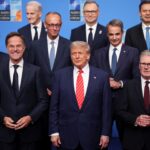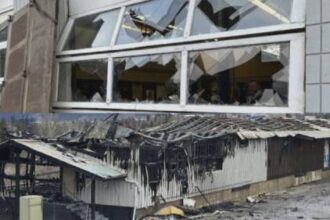In a revealing assessment that brings both relief and ongoing concern to Canada’s democratic landscape, federal intelligence officials have concluded that while foreign interference attempts occurred during the 2025 federal election, there is no evidence these efforts meaningfully affected the final results. This determination comes after months of intensive monitoring and analysis by Canada’s newly established election integrity watchdog panel, formed in response to growing concerns about international meddling in democratic processes worldwide.
“We detected sophisticated attempts to influence the electoral process through various channels, but our analysis indicates these activities did not ultimately compromise the integrity of the election outcome,” said National Security Advisor Caroline Fraser during yesterday’s press briefing in Ottawa. “That said, the attempts themselves represent a disturbing escalation in tactics compared to previous election cycles.”
The panel’s 187-page report, released Tuesday, details how foreign actors—primarily linked to China, Russia, and Iran—deployed multipronged approaches targeting Canadian voters through social media manipulation, disinformation campaigns, and attempts to influence certain political candidates. The report specifically highlights increased efforts to exploit divisions on contentious issues including immigration, environmental policy, and economic relations with the United States.
Intelligence officials identified more than 300 instances of coordinated inauthentic behavior on major social platforms, with artificial intelligence-generated content emerging as a particularly challenging threat. These campaigns primarily aimed to amplify existing societal tensions rather than promote specific electoral outcomes.
“What we’re witnessing represents an evolution in foreign interference tactics,” explained Dr. Melissa Trudeau, cybersecurity expert at the University of Toronto. “Rather than backing specific candidates, these operations focused on undermining Canadians’ faith in democratic institutions and exacerbating polarization—objectives that extend beyond any single election cycle.”
The report comes amid growing concerns about Canada’s vulnerability to international influence operations. Last year’s establishment of the Election Integrity Commission represented the most significant institutional response to foreign interference since allegations first emerged following the 2019 federal election.
Prime Minister Justin Trudeau welcomed the findings but emphasized the need for continued vigilance: “While we can take some comfort in knowing our electoral outcome remained secure, this report confirms what we’ve long suspected—that Canada remains a target for those seeking to undermine our democratic processes.”
Opposition leaders offered measured responses to the report. Conservative Party leader Pierre Poilievre called for stronger sanctions against countries engaged in interference activities, while NDP leader Jagmeet Singh emphasized the need for greater transparency around political financing and foreign influence.
The report makes several recommendations for strengthening Canada’s defenses against future interference, including enhanced coordination between intelligence agencies, greater investments in digital literacy programs, and expanded powers for Elections Canada to monitor and respond to disinformation campaigns.
International observers note that Canada’s experience mirrors a global pattern of increasingly sophisticated interference operations targeting democratic elections. Similar attempts have been documented in recent elections across Europe, Australia, and the United States.
As Canada navigates this evolving landscape of threats to its democratic institutions, a critical question emerges: In an era where information warfare becomes increasingly sophisticated and AI-generated content nearly indistinguishable from authentic communications, how can democracies effectively safeguard the integrity of their electoral processes while preserving the open exchange of ideas that defines them?










